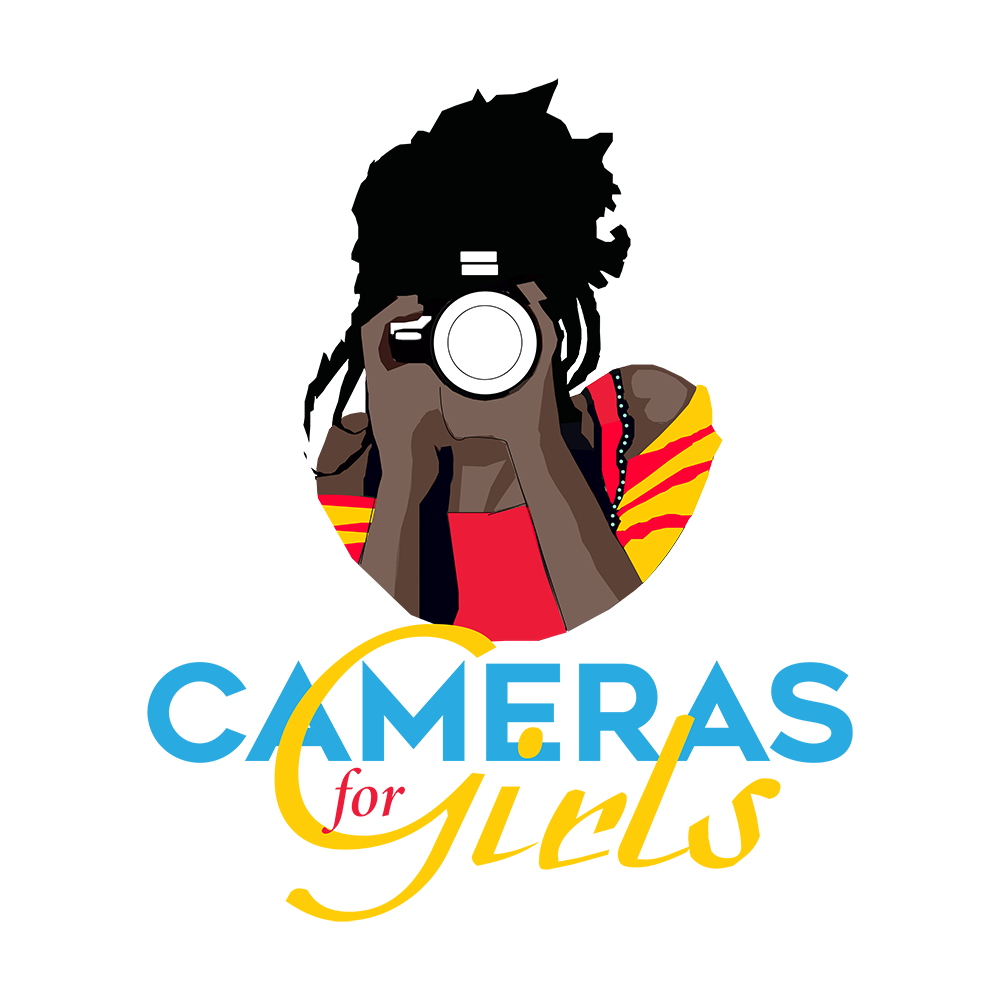How This Feminist Became An Accidental Philanthropist
When I came up with the idea for Cameras For Girls, I did not yet have in mind that I would start a charity, build a board, fundraise, and all the other multitude of things that come with running a charity. I wanted to pass on my photography skills and make this world better than I found it, especially for women in Africa.
I wanted to stand as a proud feminist and fight for gender equality and women's empowerment, but I became an accidental philanthropist in the process.
Amina Mohamed, CEO of Cameras For Girls, copywrite image -FunLovePhotography
Where It All Started For Me.
I began my career in film and television and loved every minute of the long hours, huge shoots, and the meeting of incredible people; however, after 15 years, it was time to turn to something entirely different. My body could no longer handle the grind.
I then became a mortgage broker. While the money was great and the clients were okay, it never got me jumping out of bed like working in the film industry did. During this time, I was at a cross in the roads, so to speak, as I was torn between staying in a career I did not enjoy but at the same time making good money or leaving and not knowing when I would ever make money again.
I was looking for a way to combine my love of photography and producing and my passion for advocating for marginalized communities locally and internationally. I wanted to start in my home country of Uganda, where the need was the greatest.
I came up with the idea of Cameras For Girls during this time, and right at the top of my list was how do I combine my feminist values with philanthropy. I never intended to start a charity, but after spending all my savings on getting this off the ground, I realized that if we were going to grow and reach as many women in Africa as possible, we would have to register as a charity. So we did gaining Canadian charity status in September 2021.
Why Did I Call Our Charity, Cameras For Girls?
People always ask me why I called our initiative Cameras For Girls when we train young women. In many African countries, young women and girls are called "girl-child." It does not make sense in North America, but in Africa, it does. This initiative was born to support young women who strived to become journalists in male-dominated spaces. They face numerous gender-based barriers, such as needing a camera and knowing how to use one to get a job.
Aside from the cameras, we give our students, we also provide them with a 4-phase photography and business skills curriculum delivered over a year, combining in-person and online learning.
See more about our programming HERE.
How Feminism and Philanthropy Go Hand in Hand?
Feminism and philanthropy may seem separate entities, but they have much in common. Both are centered around empowerment and creating positive change for marginalized communities. In our case, it furthers our work around the United Nations Sustainable Development Goals, specifically #1 – No Poverty, #5 – Gender Equality, and #8 – Decent Work and Economic Growth.
Philanthropy is the act of giving money, time, or resources to charitable causes. Feminism, on the other hand, is the belief in the social, political, and economic equality of the sexes. While these definitions may seem different, they share a common goal: creating a more just and equitable society.
When we examine philanthropy through a feminist lens, we can see how it can be used as a tool for social change. Historically, philanthropy has been dominated by wealthy white men who have used their resources to support causes that may not necessarily benefit marginalized communities. However, feminist philanthropy seeks to challenge this status quo by prioritizing the voices and needs of women, people of colour, and other marginalized groups.
I saw incredible evidence of feminist philanthropy when I attended the Lily School of Philanthropy's WPI – All in All Rise Symposium in Chicago in March 2023. Women from across the world converged over 3 days to share their struggles and wins in the fight for a more just society for women in all walks of life.
As the founder and CEO of Cameras For Girls, I was inspired and walked away, recharged to keep fighting for my right as a feminist and a philanthropist in this challenging work I do every day.
How Feminist Philanthropy Has Changed The Traditional Model of Charity.
Feminist philanthropy also recognizes that traditional models of charity and giving may not be effective in creating long-term change. I was surprised to learn that only 2% of funding worldwide goes toward feminist-led charities, and even less if a woman of color is at the helm. Where do you think that leaves us?
Feminist philanthropy is not just about giving money; it's also about using our resources and influence to create systemic change. This can include advocating for policies that support gender equality, using our platforms to amplify the voices of marginalized communities, and challenging systems of oppression, especially in male-dominated spaces like journalism and photography.
These are the goals for Cameras For Girls as we venture into more African countries. However, we must also be cautious to keep the local communities and their participation at the heart of everything we do.
As a proud feminist and now philanthropist, I can use the tools and strategies I have learned to create a more just and equitable society. By prioritizing the needs of marginalized communities and investing in initiatives that address the root causes of social issues, we can create a world where women get equal opportunities and both women and men thrive.

